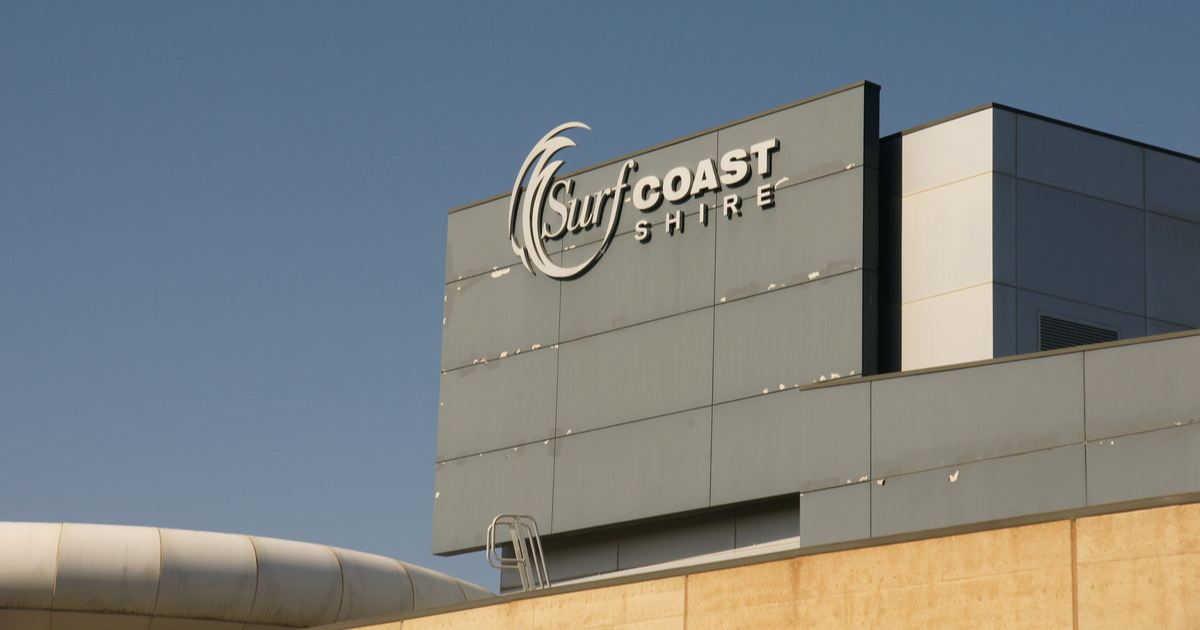Wildlife rescue pleads for slower drivers after horror day on roads
SURF Coast Wildlife Rescue is urging motorists to slow down after they responded to 17 kangaroo and wallaby fatalities in a single day on roads across the region.
The collisions spanned from Lorne to Waurn Ponds, and the rescue group’s Jason Cichocki said most of the animals were dead on arrival while several others had to be euthanised.
Two of the kangaroos were carrying joeys in their pouches when they were hit. They were also found dead.
“It’s not slowing down; it’s getting worse,” Mr Cichocki said.
Surf Coast Wildlife Rescue has upwards of 100 volunteers and at least 20 active rescuers.
Between them they respond to, on average, five wildlife collisions each day.
Mr Cichocki said several factors were contributing to the fatalities, including rapid urban growth between Torquay and Waurn Ponds, a lack of wildlife corridors, and motorists not driving to conditions.
“The main thing that I could ask is that people understand the conditions that they’re driving in and respect the wildlife that live among us. Just slow down and you’ll save lives and you’ll save damage to your vehicle.”
He said kangaroos and wallabies were often most active in the early hours of the morning and motorists should remain alert between the hours of 4am and 8am, particularly through Torquay, Anglesea and Aireys Inlet.
He recommended driving 20kmh slower on roads where the risk of collision was highest.
“I’ve done some sums before and the time difference from you travelling 80kmh from say Aireys Inlet to Anglesea, and then travelling at 60kmh, [only adds] about a minute and a half to your day,” Mr Cichocki said.
“If anyone wants to question that, I would say, get in your car… and time it.
“If you can’t add one to two minutes to your day to prevent killing an animal, prevent damaging your car, then you probably shouldn’t be driving a car at all.”
To help reduce the number of wildlife fatalities in the region, a three-year virtual fencing trial is under way along a stretch of Forest Road in Anglesea.
Chosen for its high rate of incidence, the road now has a series of devices placed at 25-metre intervals.
These devices are activated by headlights, and emit sound and light stimuli to alert wildlife of danger.
The trial is halfway done but Mr Cichocki said the results had already exceeded expectations, and the devices may help to reduce wildlife collisions across the region if rolled out further.
If you are in a collision with wildlife, or spot an animal that has been in a collision, phone Wildlife Victoria on (03) 8400 7300 or Surf Coast Wildlife Rescue on 0422 048 557.


















